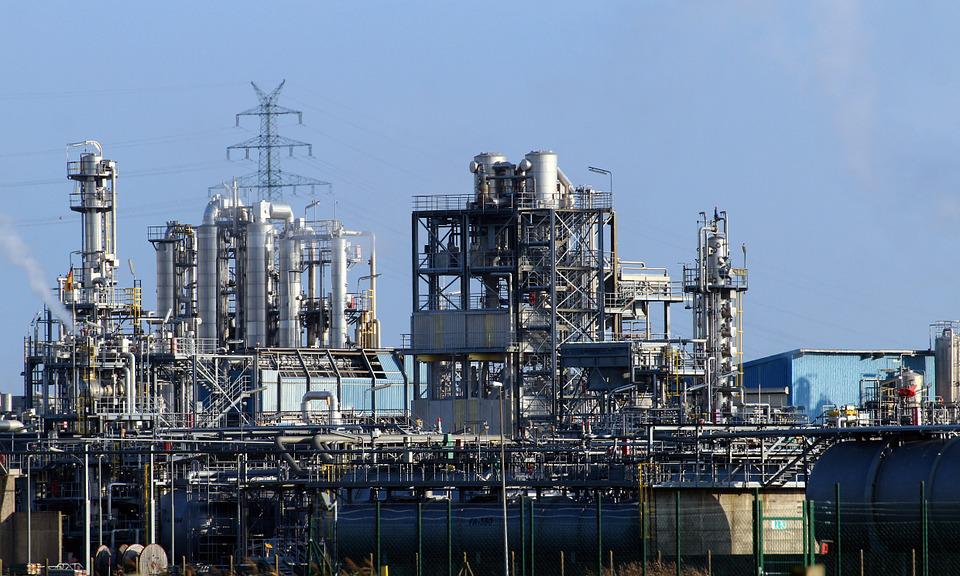As concerns about water scarcity continue to rise, companies are both expected and determined to concern themselves with sustainability within their operations.
Disposal regulations have gotten stricter, paired with higher fines for discharging untreated waste. Also, more and more emphasis is put on the benefits of recycling and reusing wastewater.
Luckily, being sustainable doesn’t always come with high costs. If equipped with an efficient water treatment process, a company can meet its sustainability goals while reducing its operating costs.
With an optimized onsite water treatment process, companies can reduce contaminants in their principal water and other process water streams. With properly treated water running through their processes, there will be a noticeable decline in issues with certain equipment. Cooling towers and heat exchangers will run more efficiently and pipes and pumps will not get clogged or corroded by harmful water contaminants. This means equipment will require less maintenance between operations translating to lower costs of maintenance.
Not only will equipment require less maintenance, but it will also be less susceptible to irreparable damage. Corroded pipes, clogged pumps or scaled tanks will not occur as frequently, if at all, compared to operation without an optimized water treatment process system. Equipment replacement can be costly, including disposal of the broken equipment. While all equipment needs to be replaced eventually, with a suitable water treatment process system, it can be replaced less often.
If the plant runs more efficiently overall with a water treatment system, it will be able to produce more in a shorter period of time because production will not need to be stopped to perform maintenance so often.
Faster production means more product produced daily, which translates into more profit at the end of the day for the company. Also, if the treatment system runs efficiently itself, it will be able to process more waste at a faster rate in order to keep up with higher production.
On the sustainability side of the operation, one of the greatest benefits of on-site wastewater treatment is the ability to recycle and reuse wastewater from the production process. Instead of discharging wastewater into a nearby stream or even sending it off to a central treatment facility via a sanitary sewer, the treated water can be reused as process water or for other non-potable applications.
Recycling the water negates the need to purchase more freshwater — which has been increasing in price due to ongoing issues surrounding water scarcity across the world. This process allows fresh water to be used as a potable water resource.
In some cases, not only can wastewater be reused, but some of the separated contaminants, that would have simply been thrown away before, can also be recycled. For example, a fish processing plant had wastewater that also contained blood, oils and fats. If the fats and oils are separated out, they can be broken down in a process to create fuel. This would also have the benefit of being a more renewable fuel source.
Another notable benefit is the lack of added contaminants to discharge streams as well as the decreased volume of waste that needs to be disposed of. Aside from the obvious benefit of being eco-friendly, another benefit is the amount of money saved from not having to pay fines for breaking state/federal discharge regulations, from having less waste to transport and dispose of, and not having to pay any added fines from disposing of hazardous wastes in a landfill.
Want to reduce your operating costs and meet your sustainability goals? By implementing or retrofitting to more innovative and efficient water treatment processes, this is possible.
Get in touch with Genesis Water Technologies for a free consultation by phone at 1-877-267-3699 or email – customersupport@genesiswatertech.com to discuss your particular application.


